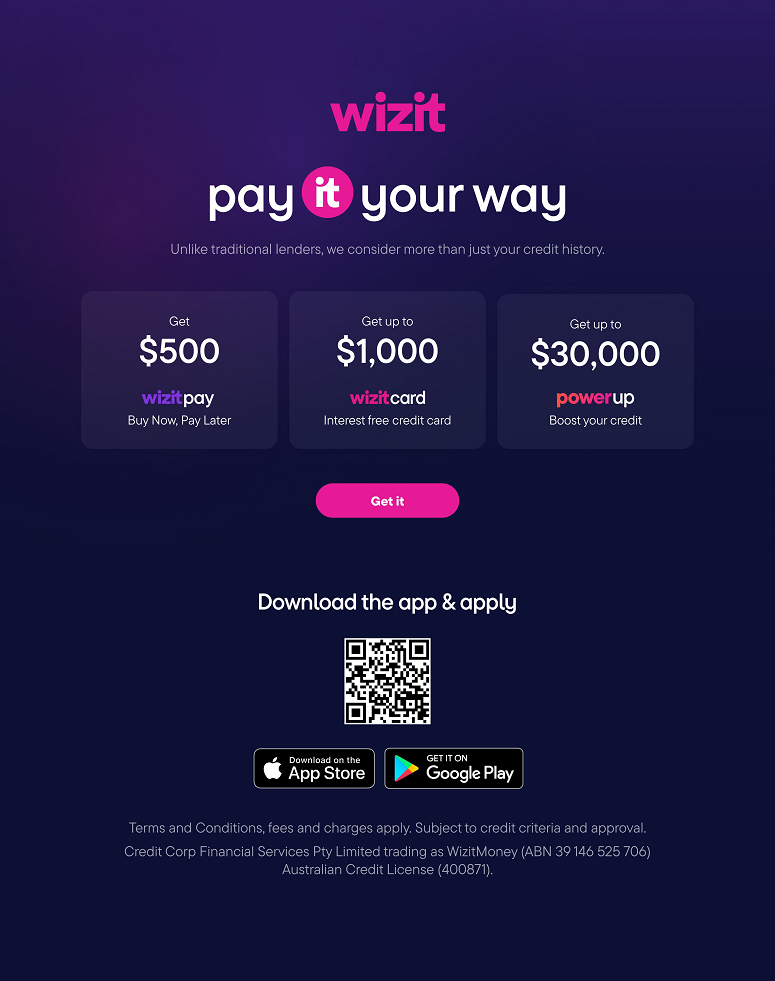Have you ever heard your specialist request his assistant send another practitioner’s assistant a request for a scan/file/report? Most likely. Possibly sat through an expensive consultation, but one of your files/scans/reports hasn’t turned up in time? Highly likely. Possibly sat through (and paid for) a specialist consultation which continued only after efforts to locate the latest X-Rays or Scans proved fruitless? Sound familiar?
If nothing else, Digital Health Care will solve some of the issues we face today with data security, sharing, storage and accessibly.
“That’s so boring, what else?”
OK, OK, fair call – So in this post we’ll list some of the other muted capabilities as we take a quick look at the next generation of health-care. We also provide a solid reason to consider being an early adaptor, and we do all of this using plain speak.
OK, let’s go..
DIY Digital Health Care Technologies
So you’re having a day procedure at your local hospital. Your GP, who instigated the process wants to touch base with the physician performing this procedure. He’s left a message with the hospital switch-board and expects a callback. Your GP simply wishes to share some details he feels pertinent to the operation.
The notes your GP keeps in his office will explain it all. Unfortunately, the sharing of this information between your doctor and specialist may not occur at all.
= “Oh fudge! It went straight to message bank“
Nobody’s at fault here, it’s down to the fickle nature of the chosen method of communication – the mobile phone. Leaving a message is increasingly the only option when attempting to contact another person. All the more so when that person’s work location prohibits the use of mobile phones.

– Typical reaction.
Well, the procedure will go ahead regardless and without the possibly minor, but nonetheless potentially important clinical knowledge being considered.
At a crucial time in our lives, technology failed us. Yes, our electronic health data belongs in safer, more accessible hands, our hands.
Technology-Enabled Patient Empowerment Takes Off
In the previous year there have been more developments in the self-serve digital health space than at any time in history, largely due to lock-down laws limiting our access to traditional health services.
Technology-enabled patient empowerment, (plain speak – ‘self service health care’), is now used daily to tele-metrically monitor key health metrics including;
- step-count
- our mood
- air quality
- heart rate
- temperature
- toxic-heavy metal exposure
- blood pressure
- drinking water quality
- diabetes management
- checking and tracking hormones
That’s not even the start with hearing and eyesight data one day also forming part of the Digital You, residing in the virtual cloud, 2-factor protected of course. All this sounds great, but it can only be great with great understanding. And yes, we’re still going to need our Doctor, along with diligently applied and strictly enforced rules for our health-data management.
Rules and More Rules in the Digital Health Age
New rules with regard to healthcare data privacy and in particular ‘data sharing’ will mean that one day all your Applications and Stored Electronic Data can be consolidated into a virtual version of You.
The other You is accessible in an instant by anyone to whom you choose to delegate the authority, be it your family, your practitioner, your lawyer, who knows! Any test result data collected by a user, such as tracking hormones for fitness, fertility, disease management or real-time drug dosage adjustment, can be accessed by the treating team or specialist immediately.
So consider beginning preparations for Digital You’s arrival, which, here in Australia, will likely be associated with your My Health Record. Checking all the details there is a good place to start. Over time, the My Health Record will evolve into a more powerful health care data exchange system no doubt under a revised moniker, more than likely un-recognizable to its current form.
Adapting to this change is a choice we all have but it’s time to consider the risks. Playing the luddite card and ignoring this transformation in healthcare may result in the arrival of an inaccurate Digital You.
That’s all. Stay fit, stay well!
Author: Guy Saywell
GM | TestoChecker® Co-Director Viamed Australia Pty LTD (2012 – present).
Blog:

